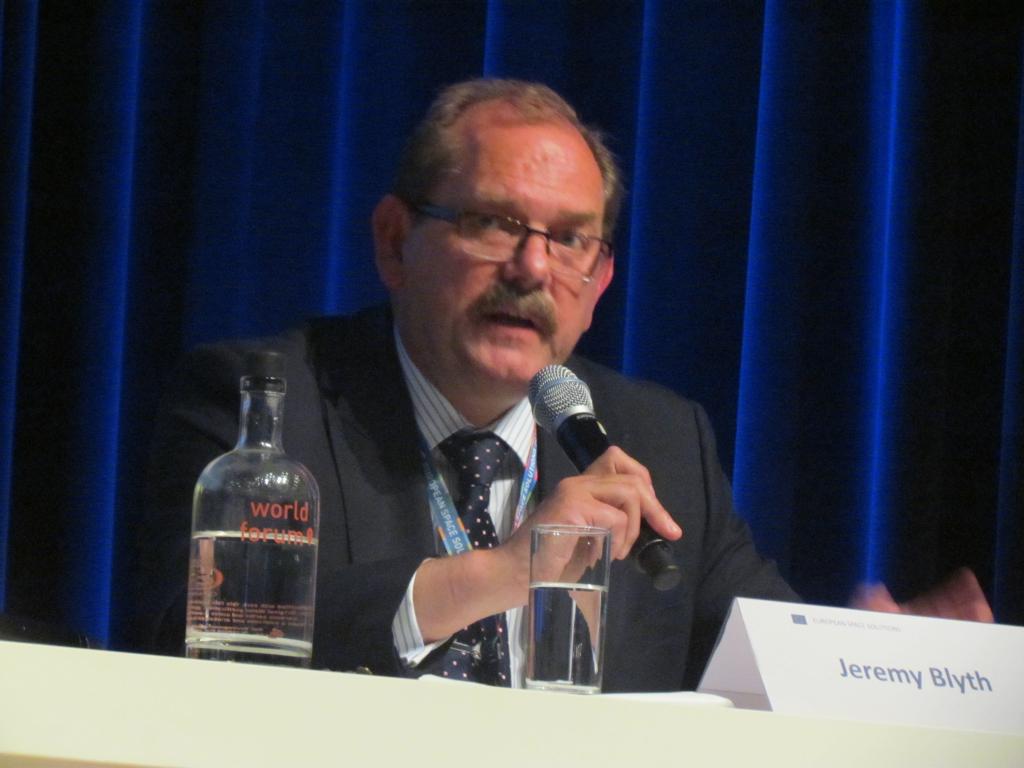The security factor
Disclaimer
This page has been archived and is provided for historical reference purposes only. The content and links are no longer maintained and may now be outdated.

In addition to overseeing the Galileo service provision, the European GNSS Agency (GSA) is also charged with ensuring that the system’s signals are secure. With Galileo Initial Services set to be declared later this year, the issue of security – and how to define what this means for Europe’s GNSS programmes – is a topic on everyone’s minds and the focus of a dedicated session during the European Space Solutions conference in The Hague.
“Space and security, security and space – whichever way we say it, what is clear is that the two are inextricably linked,” says Security Accreditation Board (SAB) Chairperson Jeremy Blyth. “Every one of us is dependent on space in our daily lives, a fact that will only increase in the years to come. As it does, our expectation that the applications and services we use are safe and secure will also increase.”
The SAB, an independent body hosted by the GSA, evaluates and assesses the security features of both Galileo and EGNOS (the European Geostationary Navigation Overlay Service) and all the services they offer. The board is comprised of security experts from each Member State.
According to Blyth, security is a fundamental issue in all space programmes and, as such, must be one that is embedded into the planning from the beginning. “Only by addressing the security issue from the beginning will security become an enabler within a space programme,” says Blyth. “Security gives us confidence in our space programmes, and we as a service provider must give European citizens confidence in knowing that our systems are providing the security they need.”
A unique programme
What is unique about the Galileo programme is that it is a civil system under civilian control. According to Blyth, the Galileo PRS service is set to give Europe a significant security advantage: “With the PRS, we in Europe have a real opportunity to offer a secure GNSS service – and we need to do it,” he says. “But to do this we must coordinate across agencies and deliver a consistent message: that Europe’s space infrastructure is secure and capable of providing Europe the secure space services it needs.”
Currently, the GSA, through the SAB, is undertaking security accreditation of the complete Galileo system, its operations and services – including the Galileo Open Service. The objective of this effort is to increase the confidence with which the GSA provides the Open Service to all end users in a secure, resilient and reliable manner.
Media note: This feature can be republished without charge provided the European GNSS Agency (GSA) is acknowledged as the source at the top or the bottom of the story. You must request permission before you use any of the photographs on the site. If you republish, we would be grateful if you could link back to the GSA website (http://www.gsa.europa.eu).